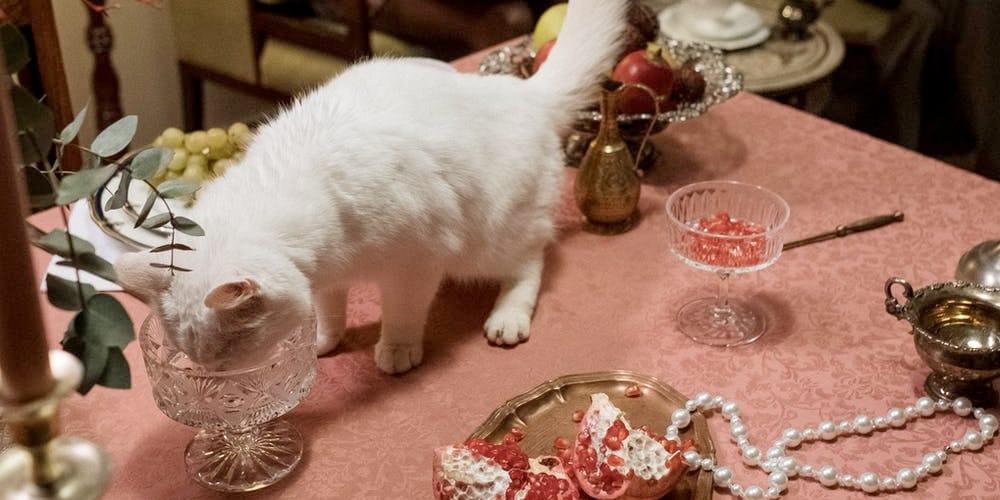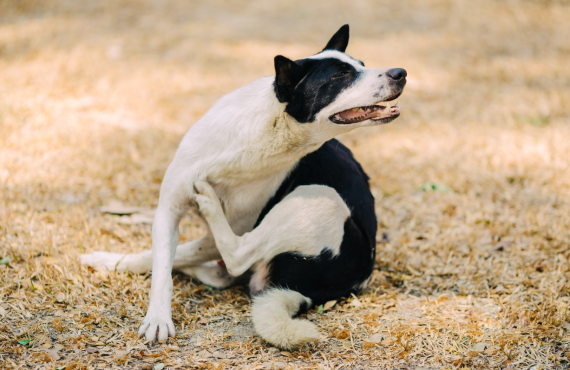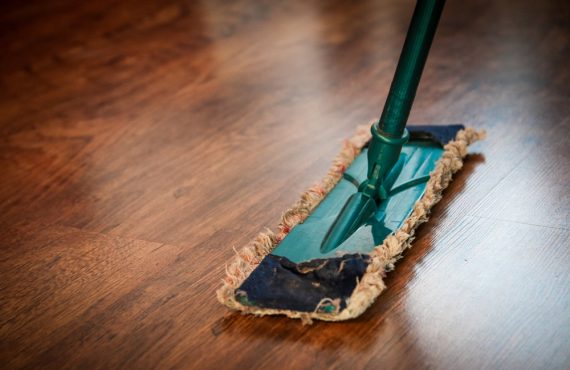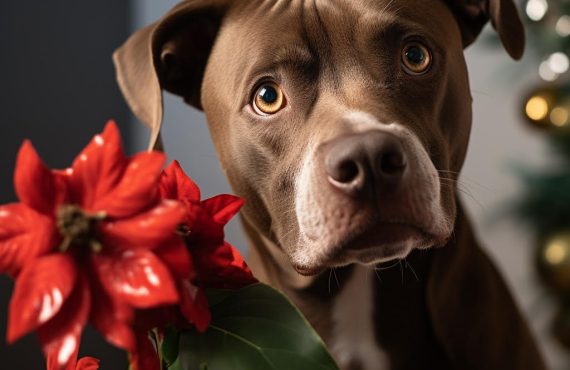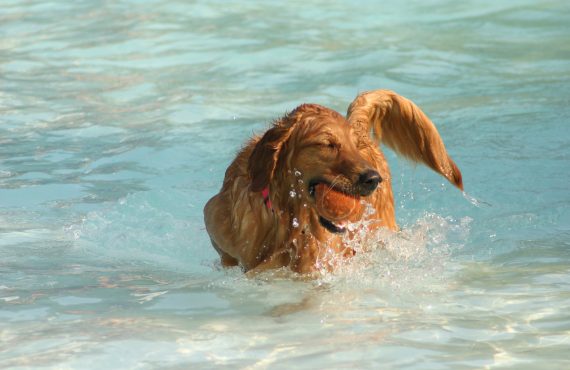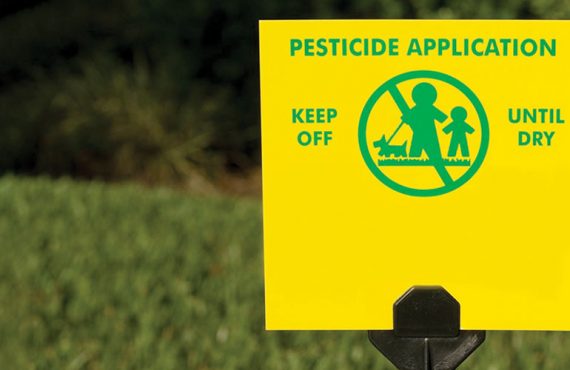Tomato sauce, cheese, spices… in retrospect, Garfield really shouldn’t have eaten that lasagna. Do you find it hard to sit down to a nice meal without a cat rubbing up against your leg, begging for a morsel? We know it’s tough not to cave to a feline’s request for treats, but cats have specific nutrient requirements that can easily be exceeded when human food is shared with them. Even when giving something you may think is healthy, like fruits and vegetables, it could be “too much of a good thing” – or potentially toxic – to a kitty.
If you want to share with your feline friends, there are human foods that are generally considered to be safe for cats, so long as they are given in moderation (less than 10% of a cat’s daily intake). Ask your vet which foods you can safely share with your kitties, or check out our selection of cat treats in store.
In the meantime, this is a (non-exhaustive) list of foods that absolutely should not be given to cats, per the ASPCA:
- Alcohol.
Make sure any and all adult beverages are kept out of reach of pets. - Bread dough containing yeast.
Baked bread is likely okay, but raw should be avoided due to risk of the yeast causing digestive bloat, an emergency in pets. - Chocolate.
You probably already know that chocolate is a no-no for dogs, but cats can be harmed by the theobromine and caffeine in it as well. - Coffee.
Caffeine is dangerous to cats. - Citrus fruits.
The stems, leaves, peels, fruit, and seeds should all be avoided. Large amounts can lead to diarrhea, vomiting, and central nervous system depression. - Coconut flesh and coconut water.
Coconut water is too high in potassium to be safe for pets, though coconut oil might be helpful for some skin issues. Talk to your vet before using this as a holistic remedy or including it in your cat’s diet. - Dairy.
Contrary to popular belief, cats shouldn’t drink cow’s milk, as many are lactose intolerant. Goat milk is a great alternative to add moisture to your cat’s diet. - Grapes and raisins.
Cats (and dogs) should avoid consuming grapes and raisins. - Nuts.
Macadamia nuts are toxic to pets, and other types of nuts are rich in oils and fats that can cause digestive upset and potentially pancreatitis in cats. - Salt.
In large amounts, salt and salty foods can cause vomiting, diarrhea, tremors, seizures, and death in pets. - Some vegetables and herbs.
Onions, garlic, leeks, scallions, shallots, and chives are particularly harmful to cats, causing gastrointestinal problems and even damage to red blood cells. Foods containing these vegetables and herbs, such as garlic bread, should be avoided, as well. - Xylitol.
Xylitol is a common sweetener in packaged goods like gum and candy that can lead to vomiting, lethargy, and liver failure in pets.
If you have any questions about your kitty’s diet, please feel free to come in, give us a call at 941-776-0770 or email parrish@leoandluckys.com. Have a purrrrfect day!

